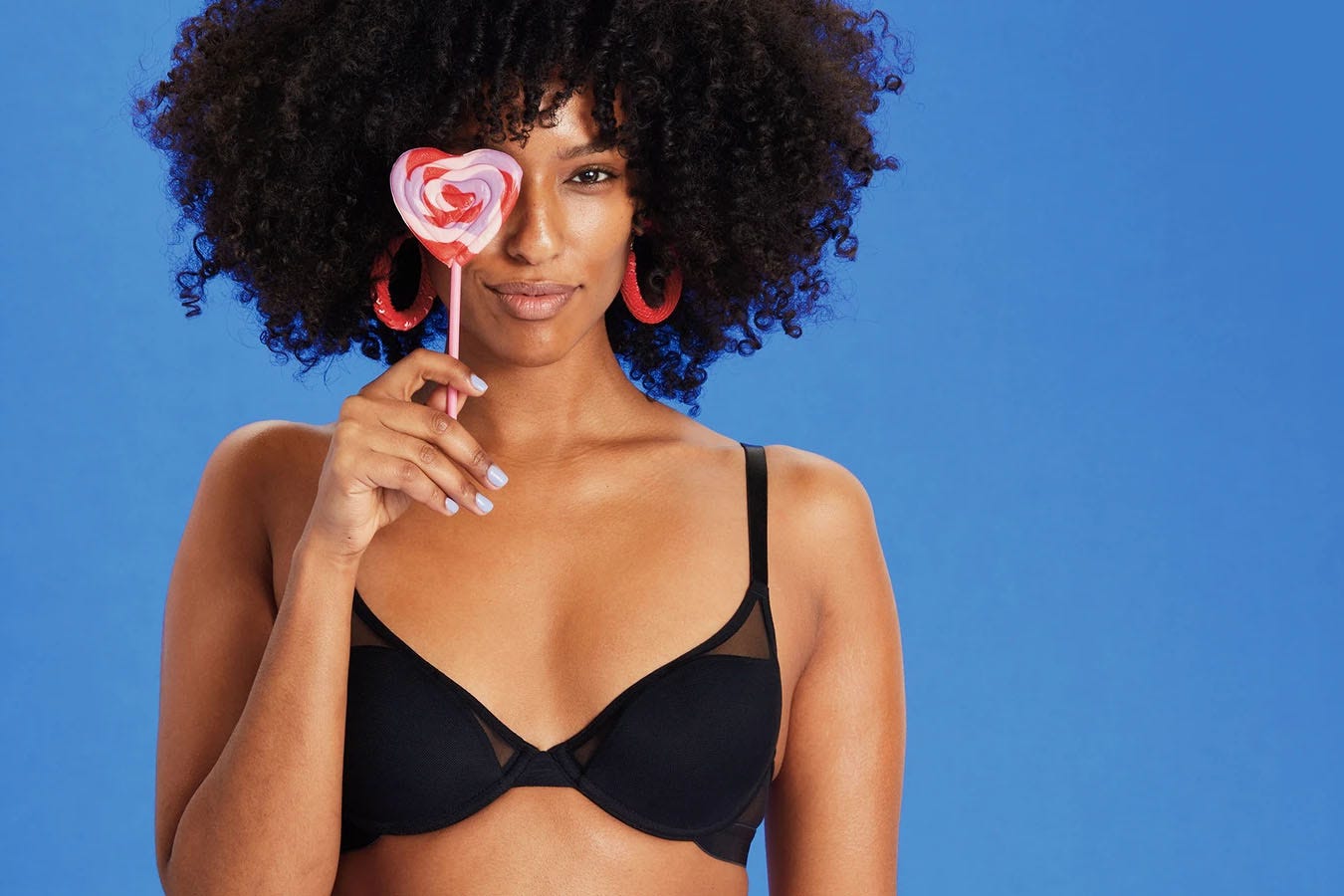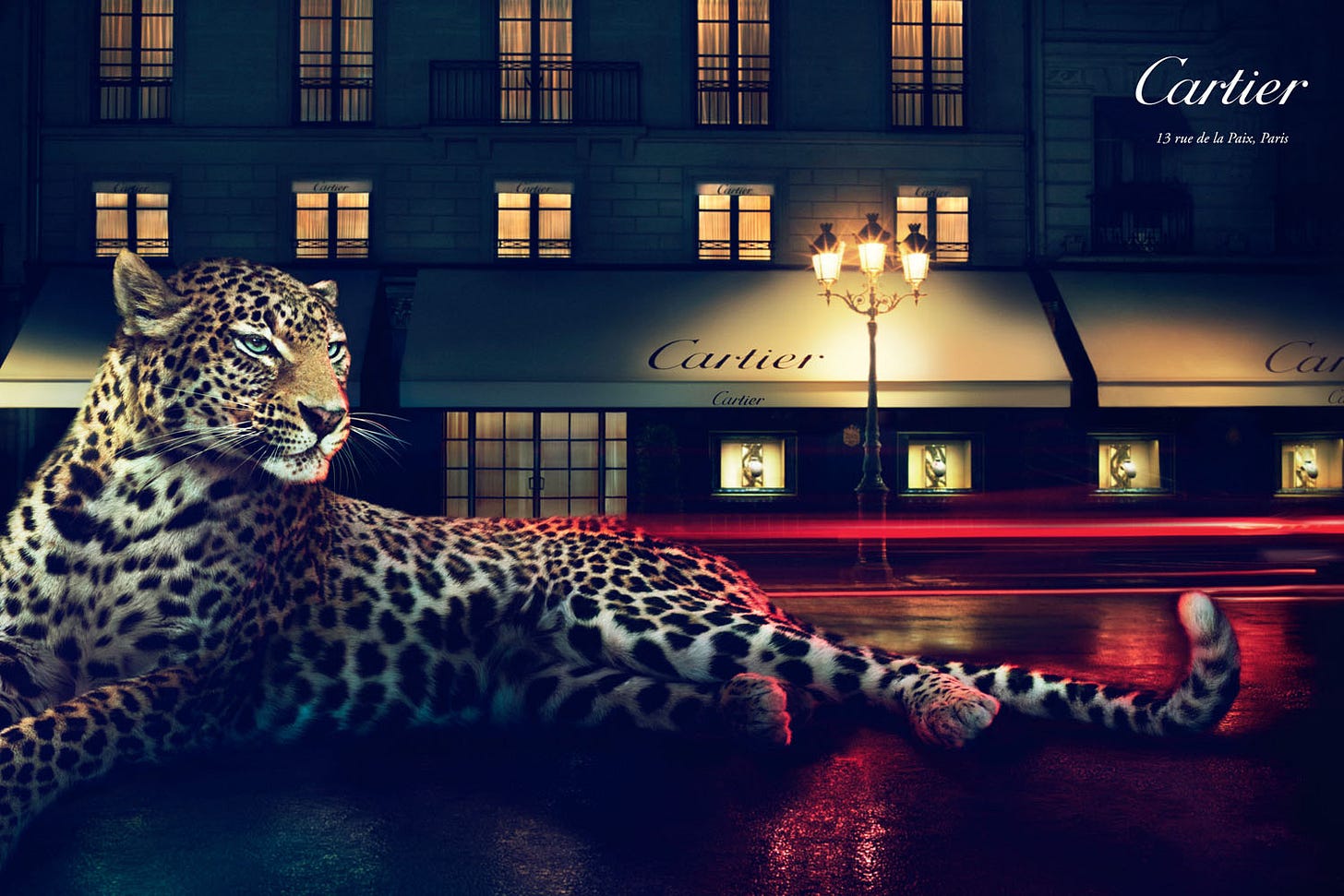Hi internet friends! Sick of playing card games with your quarantine friends? Why not book an “online experience” with Airbnb.
Some hot prospects include a tango concert with a Latin Grammy nominee, a day in the life of an Olympic bobsledder, and Sangria and Secrets with Portuguese drag queens.
Looks like my calendar just got booked up.
If you’re returning from last week, thanks! If you’re new, nice to have you! Join the squad and sign up here. Like what you see? Awesome, make it official and click the little ❤️ above to “like” my publication.
Tortuga 🎒

Even though there’s no timeline to when we’ll be able to travel again, I find myself daydreaming about my next international trip. Somehow in my move to business school, I lost my travel backpack, so I’ve been looking at getting a new one - which is how I discovered Tortuga.
Tortuga was founded by childhood friends Fred Perrotta and Jeremy Cohen while backpacking across Europe in 2010. They had decided to not check a bag (as many frequent travelers do), and struggled with their backpacks breaking or not holding enough.
When they got back to the US, they set about designing a durable carry-on backpack that had enough space for the seasoned traveler to pack for weeks. The result is their $299 Pro Travel Backpack.
Industry West 🪑

A side effect of spending days on end indoors is realizing some of your furniture is in need of a serious upgrade. Does anyone else feel like their back has been replaced with a grandpa’s the past few weeks?
Luckily, Industry West has an excellent selection of direct-to-consumer furniture to alleviate your geriatric back. Founded in 2009 by Jordan England, Industry West has remained completely online until opened their first brick and mortar store last year.
They’re a great example of how to scale a consumer business online without VC funding. In the early days, they relied on word of mouth from their clients in the restaurant business. They then focused on acquiring consumers through traditional digital marketing channels.
Pepper Bras 👙

The newest addition to basics tailored to specific body types is Pepper - a bra company for women with small cup sizes. Pepper was founded by Jaclyn Fu and Lia Winograd in 2017, and recently closed a $2.4 million round of funding led by Precursor Ventures.
“We’re giving small chest women the platform and community where they can share their body issues,” states 30-year-old Fu who’s their CEO. Both Fu and Winograd struggled to find options on the market that truly fit their body type, so they decided to fill the gap themselves.
News I’m Following 👀
🍔 Instagram is helping restaurants by making food pics shoppable. Instagram partnered with ChowNow to provide restaurants call-to-action buttons they can use in the app. ChowNow processes customer payments, but hands off the delivery process to companies like GrubHub.
🏦 Retail companies are using COVID-19 as an excuse to restructure. According to S&P Global Ratings, around a quarter of retailers and restaurants tracked by S&P have a 50% chance of defaulting on their debts.
What’s tricky is that most bankruptcies require liquidation sales - which are impossible given the current shelter-in-place laws. Already existing bankruptcies (Pier 1 and Modell’s Sporting Goods) have been put on hold, which puts landlords in tough situations.
🛑 Amazon enacts an anti-upsell strategy. In very un-Amazon fashion, the company is rolling out updates to its checkout process flow that limits it’s automated recommended purchases - effectively cutting out one of it’s biggest promotional systems.
The update in strategy is the result of record online shopping demand and not enough employees to uphold Amazon’s stringent shipping standards. It seems the additional 175,000 new employees haven’t done the trick quite yet.
🏀 COVID-19 could accelerate direct-to-consumer sports subscriptions. The NBA announced Friday that they’ll be partnering with Microsoft to bring AI and machine learning to the league. Read between the lines, however, and you’ll see that Microsoft will most likely get first dibs on a direct-to-consumer option to watch the NBA.
TV broadcasting and Big Cable have had a tight grip on sports coverage in the past but that’s all being put into question with the lack of sports watching options on the market today. The NFL is already partnered with AWS for their “AI Team”, so it will be interesting to see if a stand-alone streaming option with Amazon crops up in the near future.
Brand Study: Cartier

It’s been a while! I’ve been surprisingly swamped with work during the shelter-in-place, but managed to pull together a solid study for y’all this week. Let’s dive into Cartier!
Cartier was founded by Louis-François Cartier in 1847. He was an apprentice under master watchmaker Adolphe Picard, and eventually bought his employer’s store on Rue Montorgueil to start his own jewelry business. The store started out modest, but he began diversifying his product offering from watches to women’s jewelry. He also brought his son, Alfred, on as his closest business partner.
His expansion was quickly halted, however, with the French Revolution of 1848. Jewelry businesses like his were put in a difficult position, as selling diamonds and gold to the rich when people were living on the streets was a bad look. But the business continued to survive, which set them up to prosper in the years to come.
It wasn’t until 1870 that Cartier’s world changed. Another revolution called the Paris Commune scared wealthy Parieseans to invest their money in whatever assets they could find. Alfred Cartier seized the opportunity and offered the fleeing aristocrats cents on the dollar for some of their finest pieces. Cartier had (almost overnight) built one of the finest jewelry collections in France.
The Commune ended a year later, and France became a free economy once again. Cartier was then able to sell his bargain pieces for what they were worth before the revolution.
Cartier jewelry became the top choice for French Aristocracy, and he opened a flagship showroom on the Rue de La Paix in 1899. This was another genius move, as the Rue de La Paix became Paris’s jewelry district right after the turn of the century.
Louis-François Cartier died in 1904, but just as his father had done with him, Alfred had inducted his three sons Louis, Pierre and Jacques, to the Cartier business. Together, they continued to build the Cartier brand into what it is today.
Shortly after Louis Senior’s death, Louis Junior designed one of the first wristwatches and started the revolution away from packet watches as the standard men’s timepiece.
In 1933 Jeanne Toussaint, a feline-lover who was nicknamed ‘The Panther’ by Louis Cartier, began creating Cartier “Great Cat” designs. This began the Cartier Cat saga, with notable purchasers like the Duchess of Windsor.
In 1969, Aldo Cipullo joined Cartier and created the “Love” and the “Juste un Clou” bracelets - which would go on to be some of the most iconic pieces of jewelry ever made.
With a heralded brand like Cartier, it’s hard to imagine them before they were a household name. Let’s take a look at what works well for Cartier.
Bespoke Quality: Cartier is known for making unique jewelry designs for aristocrats since the 1800s. While many consumer pieces today are produced at a much higher volume, that legacy and brand equity lives on.
A Wide Portfolio: Cartier began with watches, but has diversified over the past two centuries into producing hundreds of products - from bejeweled panthers to silk scarves.
Positioning: Cartier is a rather unique example of a prestigious luxury brand repositioning itself as more of a lifestyle brand. They used to only make jewelry the wealthy could afford, but now they have pieces that start in the low hundreds.
Channel Domination: Cartier has over 200 retail stores that are almost all in tier-one cities. They also sell their more affordable pieces through third-party retailers as well as an E-commerce website.
P.S: For extra credit here’s a 2-minute video covering their illustrious history.
Jobs 💼
Chubbies - Senior Ecommerce Product Manager (SF)
Peloton - Supply Chain Senior Manager (NYC)
Oura - Head of Content (SF)
Mirror - Director of Member Ops (NYC)
Internships 🎓
Coinbase - Customer Data Analyst MBA Intern (SF)
Fullscreen - Operations MBA Intern, Finance MBA Intern (LA)
Shareables 😏
☝️ What good leadership looks like during the pandemic courtesy of HBR.
💪 No other figure can speak to a 2020 in quarantine quite like the buff, well-groomed, sexually ambiguous cleaning mascot: Mr. Clean.
🖼️ Thieves stole a Vincent Van Gogh painting worth millions last week. This is what happens next.
🔎 Government agencies aren’t completely useless: The CIA’s Primer on improving intelligence analysis.
👮 Mafia plots post-coronavirus pounce: Criminal organizations tend to capitalize on weak economies.
🎸 Favorite mix of the week? Bob Moses live on top of the Museum of Man.
🍸 In case you weren’t already thinking about drinking: The world’s most iconic bars.
✋ This week’s oldie but goodie: The Ad Block Google Chrome extension - a lifesaver for YouTube binges.
Hey! I’m Sean, a first-year MBA at the University of Michigan. Know of a new brand I should feature? Holla at me! I’d also love your feedback - feel free to shoot me a note at seansky@umich.edu.
And as always, if you like Intangible share it with your friends and click the little ❤️.


